I. DESIRE AND DESTINATION
Desire is the force that draws us forward into action. Without it, we couldn’t hope to accomplish anything meaningful in our lifetimes. But desire is also murky, and knowing what to want in a world we don’t understand, is fundamentally impossible.
Luckily for us, we’re memetic. Which means that, we observe the lives of people who are successful, and emulate them. We do as they do, and therefore, desire as they desire.
In this respect, our parents offered tremendous help to us at a very early age. We watched their actions, and internalized them as a set of aims. For example, if your parents were always talking about money, you might have developed an orientation towards financial abundance. If they told you that a secure life lay on the other side of a medical degree, then you may have set your sights there instead.
The real power of desire is this notion of aim—because aim offers us momentary meaning. It diverts our attention from pervasive feelings of overwhelm and doubt, and instead gives us an adventure to go on.
Carefully choosing our aim is important. As a matter of fact, I believe it’s the single most important thing you can do. Because your aim focuses your actions, and your actions give shape to the rest of your life.
So, if choosing your desire determines the direction of your life, to abstain, is to choose to do nothing. It’s to willfully commit to a life of indifference and nihilism. Therefore, a child who sits in their room all day playing video games, is no different than a millionaire who sits on the beach, sipping Mai Tai’s. Regardless of how much money you have in the bank, there is nothing virtuous about complacency.
In this way, desire is both a destination and a motivation.1
II. INSATIABLE HUNGER
You may feel lost in this moment, questioning the direction of your life. So you focus your aim on a single thing. Something that, if achieved, would bring you happiness. If I had a partner, if I had a house, if I had a better boss—then I could finally be happy. You fix your gaze, and from that moment on, you’ve traded being lost for being ravenous.
It starts as a simple craving. That craving grows into a hunger of the heart. That’s because, while desire may point the way forward, it also cannibalizes your spirit. Gnawing at you from the inside out.
Hence the underlying haste to all goals. From the moment you set about them, you seek relief from their grip. And thus, a dichotomy emerges: Do you wander through life, lost without aim? Or do you live in haste, seeking to feed the hunger of desire?
Although the journey is not easy, we do eventually achieve some of our desires. We land a high paying job, marry the love of our life, and start our own business. We buy a house, move to our dream city, and see the wonders of the world. We are relieved from both the uneasiness of living without aim, and the hunger of desire.
And by way of our tenacity, we illuminate a bit of the darkness in our lives. Despite not having it all figured out, we no longer feel lost. By attaining our desires, we achieve purpose, peace, and contentment.
III. THE TURN
Basking in this victory, we become aware of a monster that lurks beneath our every achievement. That same eternal dichotomy from before. It reveals itself to us in the form of a question. A question that our parents, and teachers, and peers failed to prepare us for. In the afterglow of our monumental journey, we ask ourselves—for maybe the first time in our lives—“Now what?”
What was once a journey in pursuit of contentment, has now been exposed as nothing more than a distraction. The truth is paralyzing. In all of our efforts, we’ve gained no clarity as to why we are here, or what on earth we’re doing?
After decades of focused effort, it feels as if all our work has amounted to nothing. Despite our best intentions, no real change has taken place in our lives, or in the world. The sands of time will surely erode all that we’ve worked for. But our most troubling realization is that—after all this time—we are no closer to lasting happiness. No closer to peace.
When we see CEOs, celebrities, entrepreneurs, and innovators have mental breakdowns at the peak of their careers, this is why. They are—for the first time in a long time—thrust back into uncertainty. They’re asking themselves the same questions they did when they were children.
What do I do? Where do I go? And why?
The most obvious answer, is to simply choose another desire and pursue that. By refocusing, and rerouting, we can avoid these questions all together. And so that’s exactly what we do.
IV. THE SLOTH AND THE MERCENARY
It’s tempting to think that goals, and therefore, forward progress, are the villains of this story. That we should simply strive to find happiness in the way things are right now. But if we follow that way of thinking, we are liable to end up in the land of sloth. Silently resigning from the pursuit of purpose entirely. Vilifying effort, and seeking contentment in idleness.
People who decide to take this route, are incessant optimizers. Constantly trying to work less, and make more. The dictates of the sloth are: Automate your income, set up an Amazon drop shipping store, retire at 30, do the absolute minimum at your traditional high paying job, and never work on the weekends. In this paradigm, effort and energy are to be conserved at all costs—used only for activities that are pleasurable to you.
Which brings us right back to where we started. Back to feelings of apathy and nihilism. The irony is that, effortful work—when applied thoughtfully—offers one of the most direct avenues to a meaningful life. Yet, we disregard it as such. By believing that our work serves no purpose beyond the enrichment of our bank accounts, we cut ourselves off from one of life’s most potent avenues of contentment.
But this isn’t the only way forward.
Some of us take the route of optionality. After enough rides on the desire-achievement-dread rollercoaster, we accept that we don’t know what we’re doing. Since goals have lead us astray, the second rational conclusion is to no longer adhere to a singular desire. To no longer make commitments—to ourselves or others—and simply be open to anything.
Optionality is pernicious. Constantly move from city to city, never committing to a romantic partner, being a generalist at work, renting where you live well into mid-life. Do that for a few years, and let me know how you feel. People who decide to take this route are the perpetual digital nomads, the freelancers, and the mercenaries.2
While there is a level of self-awareness that comes along with knowing that finite aims will lead you astray, this conclusion is misguided. A life oriented around pleasure—or doing what you want, when you want, with whomever you want—is directionless. While goals might not be the answer, we all desperately need direction. And direction by it’s very nature, is limitation.
What do you do, when you don’t have to do anything at all? The answer is far less romantic than what you’d imagine. Nothing is steady, when everything is possible.
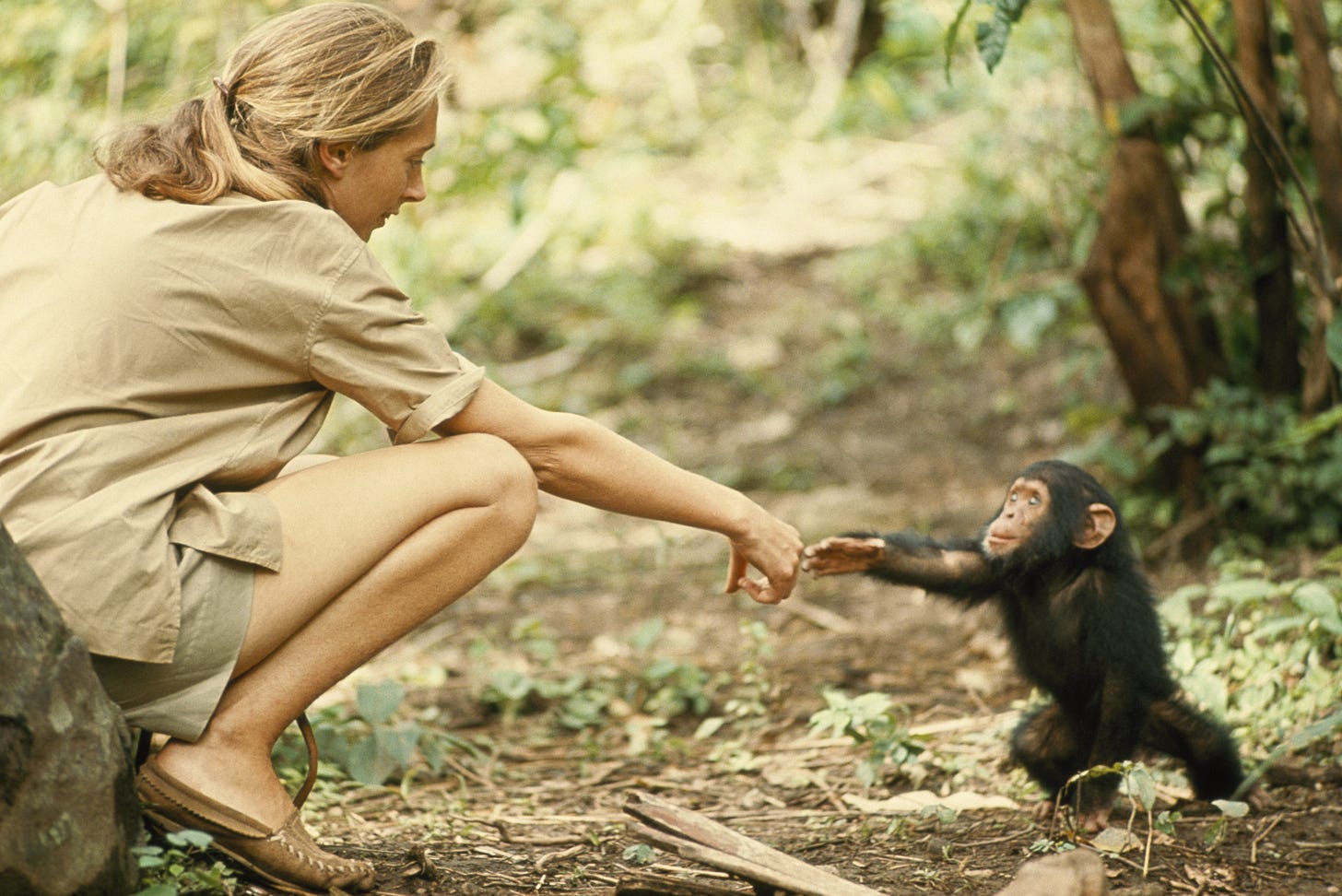
V. TRAVELING WEST
Suppose you undertake the journey of traveling West. Obviously you can never reach West, nevertheless, you set out into the unknown.
You walk and wonder. You cross streams, and climb mountains. You see towering waterfalls, and make camp in golden cities. You travel by horseback, and canoe, and even hot air ballon. All the while, making sure your compass is still heading West.
After a year on your journey, you realize something interesting. While you’re not sure where this path will lead you, you’re not exactly lost either. You always know which direction you’ll be heading tomorrow, and the day after that.
Then another realization dawns on you. Even though you did not plan for it, you have seen some amazing things, and met some amazing people. You’ve swam in volcanic pools, dined at gold tables, and seen many wonders while heading West.
Then you have one final realization. While you’ve already made some great progress on your journey, you can still travel much further. In fact, you can travel West for the rest of your life, and never reach the end.
The best amongst us—the masters, monks, and sages—who found lasting contentment, always lived in service of something bigger. Something unreachable. Instead of pursuing finite desires, they lived in service of the noble. They lived in service of a Virtue.
In the same way that cardinal directions— North, South, East, and West—help us travel with absolute clarity, Virtues help us live with clarity. Virtues like: Honesty, Truth, Justice, Creativity, and Hospitality.
To live in service of a Virtue, is to choose a direction, and keep moving toward it. You can choose to walk in the direction of Truth, working every day to reveal Truth to the world, and to yourself. You could choose Curiosity, or Humor, or Wisdom as well. Each would provide an unmatched lucidity to your choices. In this way, Virtue orients your focus, and therefore your actions, and therefore your life. And just as you can never arrive at West, you can never arrive at your chosen Virtue either.
This one decision—to work in service of a Virtue rather than in pursuit of desire—will reverberate throughout all areas of your life.
It’s important to delineate here between living in pursuit of a destination, and living in service of a direction.
Goals are like destinations on a map. You can pursue them, arrive, and grasp victory. But when you do, you have an important question to answer—What do you do next? Where do you go? And more importantly, why?
When living in service of Virtue, you have no such problem. Since you can never arrive at Hospitality, or Creativity, or Justice and you will never be thrust back into chaos. You will never again face the existential dilemma—lost or hungry? You’ll never question where to go next, because the answer is simple. Just continue onward. In this way, you are always sure where you’re going, and more importantly, you always know why.
We can discuss contentment all day, but what we’re really attempting to describe is a feeling of peace. When you no longer desire things to be different from the way they are. When you no longer wish for your life to change, or be better, or be different. When you no longer need a certain outcome, by a certain time. When you’re no longer acting out of fear.
This is why I keep using the word “serve”—you are serving Virtue. You are not striving, pushing, or pursuing it. It is not an effortful climb. Instead, contentment is found in the steady hand of contribution. In ceaselessly offering your services to something bigger than yourself.
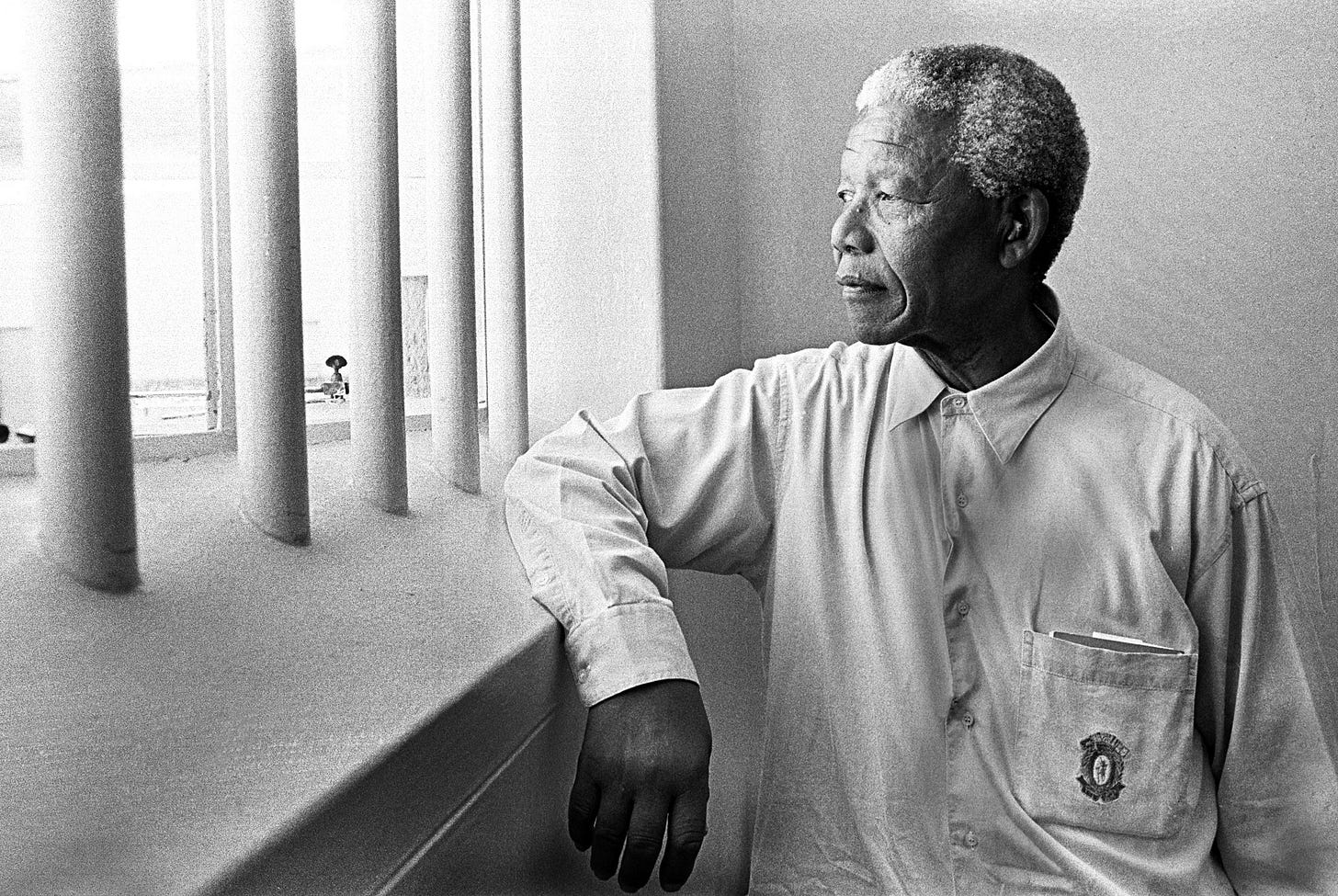
VI. YOU ARE FINALLY FREE
Let’s say you work at a big tech company. It’s a good job, in fact by all measures its a great job. The benefits are generous, the salary is enough to satisfy your every desire, and then some. Yet, you feel tense. There’s an incessant nagging in the back of your mind. Questioning if this whole thing is a waste of your time. If your talents would be better used elsewhere.
What I’m suggesting is that, the uneasiness you’re feeling is not a signal about the work itself. Rather, it indicates that you are no longer working in service of your Virtue. This could be because you made a misstep somewhere along the way. It could be that you’ve compromised, or were talked into doing things you didn’t believe in. But the far more likely reason is—you never actually clarified what you care about, and what you want to live in service of.
So of course you’re going to feel uneasy. Of course you’re going to question why this perfect job, and this perfect life, feels incomplete. You’re still wandering blind in the dark.
In practical terms, this means that what you do, is far less important than why you do it. What this suggests is not entirely intuitive.
It means that over the course of your life, you can be a lawyer, then a carpenter, and finally a pastry chef—and none will have been a misstep. None will be a wrong turn, or wasted energy. So long as you used each career as a medium to serve your chosen Virtue.
In this way, our heaviest decisions—where to live, what to do, when to say enough—become weightless. The choices we make, are nothing more than different vehicles for us to travel the same road. You can be a potter making art, or a stock broker making deals. You can be an executive on Wall Street, or a circus performer at the big top. Each is nothing more than a modality to serve your Virtue, and none is better than the next.
Living in service of Virtue creates another unexpected ripple. It renders speed irrelevant. Getting on the Forbes 30 under 30, means very little when you’ve decided to spend you’re entire life in service of Truth. And needing to make millions before your 40th birthday, sounds downright childish in comparison. That’s because when a road has no end, it doesn’t matter how fast you travel down it.
When you’ve found a worthy direction, and decided to live in service of it, there is no rush to arrive. Because there is no arriving. You can always go further, no matter how hard, or fast, or precise you travel. Therefore, you can take your time, or be aggressive, it doesn’t really matter. Which means that, the hunger that plagues us while in pursuit of desire, is entirely gone.
Now, you are now afforded the freedom to act in a manner that is true to you. If you want to charge full steam ahead, go for it. If you want to go slower and see the sights, that’s wonderful too. Since you cannot win, and you cannot serve a Virtue better than anyone else, you can finally be at peace.3
VII. VIRTUE
We start off lost and unaware. Thrust into existence with no road map, no bearings, and no compass. The terrain is foreign, it’s foggy, and opaque. We don’t know the landmarks. We can’t read the signs, or the stars.
So we wander, and stumble, and make mistakes. We hurt ourselves, and fall prey to the schemes and tricks of those who mean us harm. And in this disorientation, we are ignorant of ourselves. We don’t know what makes us happy. We don’t know what makes us feel safe. And we certainly don’t know the first thing about contentment.
That is until we find our Virtue.
I was tempted to give you a list of people throughout history who lived this way. But you already know them well. They’re the figures who’s impact has transcended their own lifetimes. Artists who lived in service of Curiosity. Scientist who died in the service of Truth. Leaders who had to make the hard choices, while living in service of Justice, or Compassion.
Some died young. Others lived long, illustrious lives. None were insignificant. None were lost. And that’s the beauty of living in service of a Virtue. There is no waste, there is no uncertainty—there is no regret.
—Zac
If you enjoyed this article, and would like to learn more, I created this Bonus Material for you. It’s a collection of research, and original material that didn’t make it into this essay—for those who would like to live in service of Virtue.
PS. If you’ve made it all the way down here and don’t feel that you’ve just wasted five minutes, consider hitting the like button on this essay.
It helps others find it, and it makes me happy!
This explains why when we accomplish a goal, we are often hit with two feelings at once: A lack of motivation, and a feeling of disorientation. Our source of motivation has ceased, as well as the waypoint in which you were heading.
Paradoxically, the freedom to do anything, is to live a life in constant uncertainty and chaos. We all secretly crave structure.
Which was a more true manifestation of the creator’s devotion? J.R.R Tolkien’s The Lord of the Rings, Antoni Gaudi’s Sagrada Familia, or Leonard Cohen’s Hallelujah. Although all were produced in service of the same Virtue, you couldn’t even begin to compare the three. Living in service of Virtue is complete liberation from comparison.


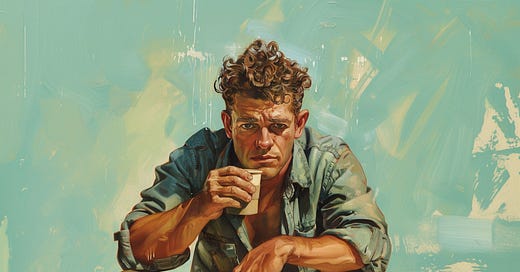




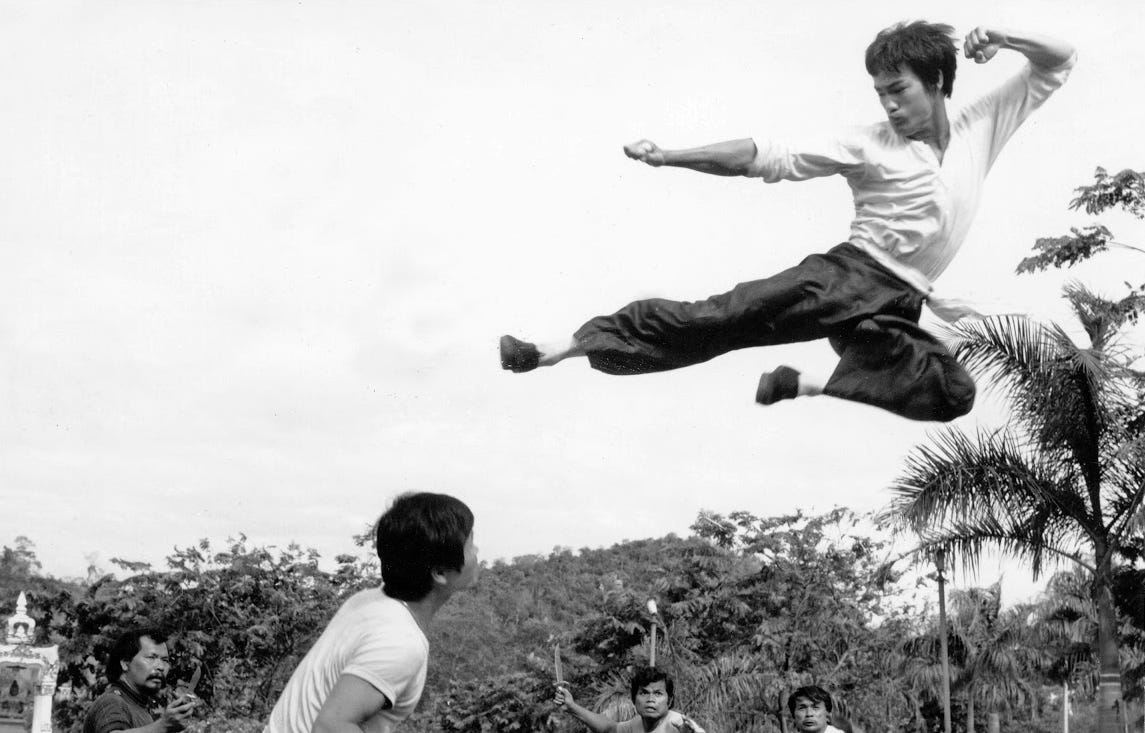

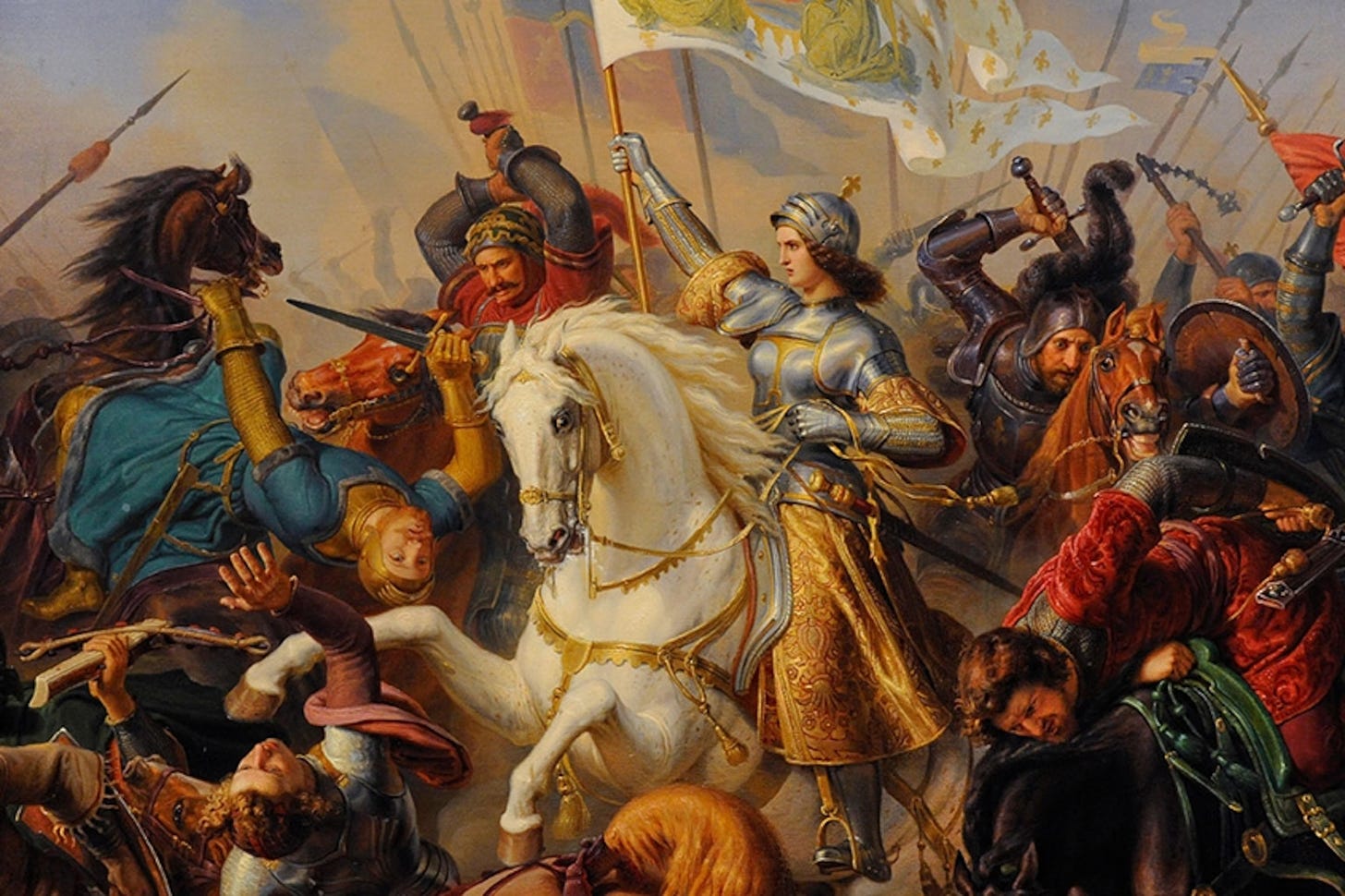
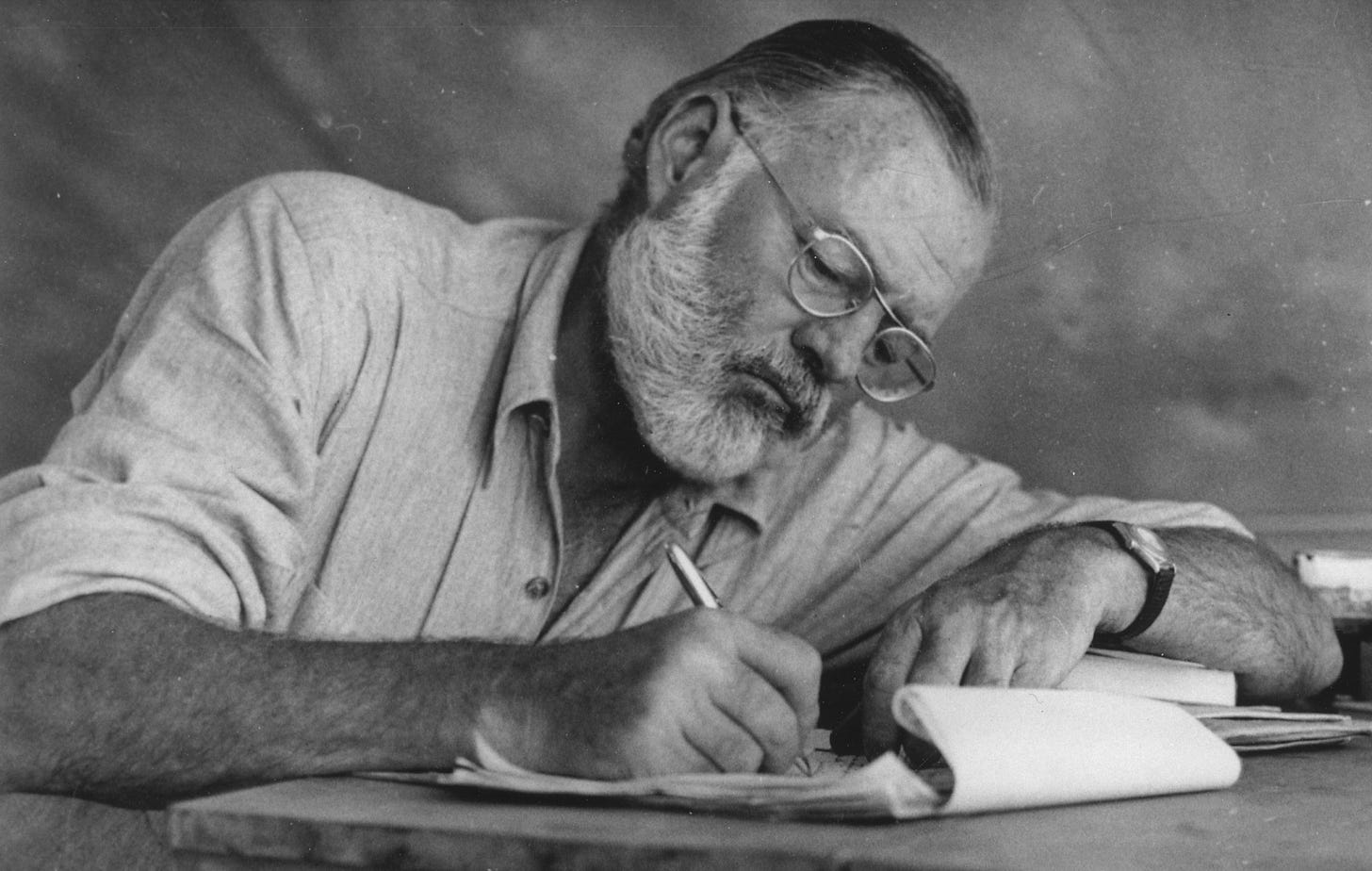





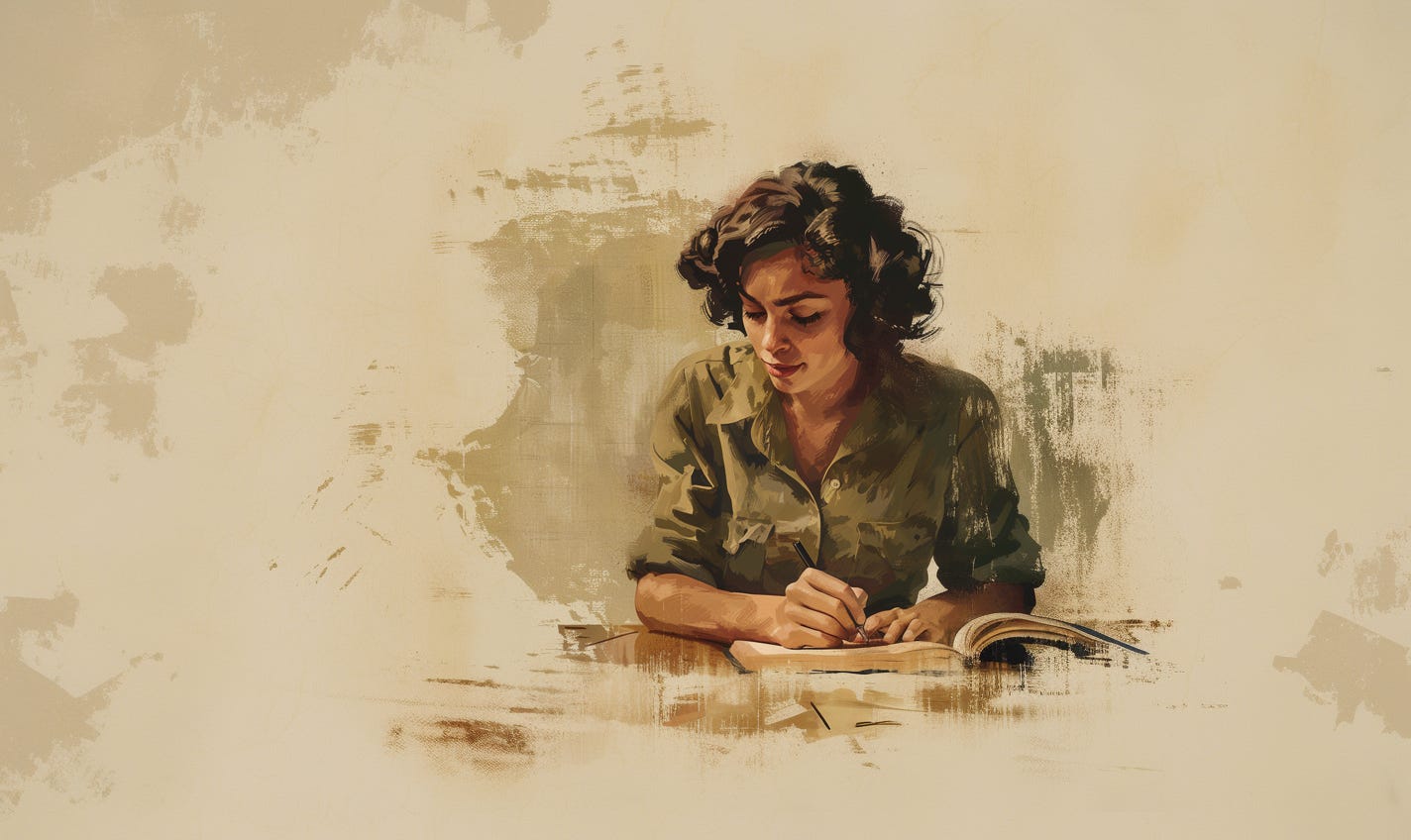
An incredible piece Zac; you've truly managed to capture, strain out and form a cohesive narrative of all these thoughts I've been having! Damn man is this is a gem among your works, a true banger of a piece.
What was the journey like to write this piece? How'd you come to this particular question?
This reminds me of a Packy McCormick piece unpacking everyone's favorite instagram bio "not all those who wander are lost" in that it's by no means a call to wander aimlessly, but rather one to wander with intention - in this case in pursuit of a Virtue.
This idea of a North Star, a guiding principle in one's life really resonates with me as it can be a powerful grounding force such that regardless of what's going on in your life you can always return to this deep, underlying Virtue you know to be true